Omidyar Network is a venture of The Omidyar Group
The Community Infrastructure Fund for Mutual Aid

The Community Infrastructure Fund is a learning project which supports organizations to develop mutual aid infrastructure.
Meet the 24 organizations receiving grants from the Community Infrastructure Fund for Mutual Aid
Omidyar Network, JustFund, Amalgamated Foundation, and Art in Praxis announce their investments in mutual aid projects
Six months after announcing the Community Infrastructure Fund for Mutual Aid (CIFMA), Omidyar Network, JustFund, Amalgamated Foundation, and Art in Praxis are awarding their investments to 24 mutual aid projects across the US. These projects are planned by BIPOC-led organizations, including leaders from immigrant, working-class and LGBTQIA+ communities. Each grant is between $15,000 and $25,000, a catalytic investment designed to propel the work forward by supporting operational needs.
About the Fund
As the pandemic increased the needs of communities, Omidyar Network created the fund to support organizations developing mutual aid infrastructure. We define “mutual aid infrastructure” as the resources and tools supporting systems in which people and communities voluntarily care for one another for their mutual benefit. The fund is an experimental program and aims to mirror mutual aid values and support the individuals leading the work.
About the Selection Process
Every organization selected for funding submitted a project proposal via JustFund— a digital platform connecting social justice funders, foundations, and funds with grassroots organizations and urgent projects. The projects were selected by an Advisory Council consisting of six mutual aid practitioners, activists, and leaders of color with deep experience working with communities threatened by the current political and social climate. Art in Praxis consultants Jess Solomon and Richael Faithful have facilitated the fund’s many stakeholders and activities.
Virtually all the submissions demonstrated a strong commitment to place-based intersectional justice through their strategies for community-directed resources and support.
There are a range of strategies being employed, such as:
- Rebuilding a local system of community care through herbal remedies in Chimayo. (Barrios Unidos, New Mexico)
- Strengthening organizational communications infrastructure in an East Harlem Mutual Housing Association (East Harlem/El Barrio Community Land Trust)
- Updating resource kits, growing COVID-19 public health guides, and increasing digital security for mutual aid projects in caste-oppressed communities. (Equity Labs, Bay Area)
- Creating response tools that provide digital safety, legal solutions and just-in-time support to journalists of color who are targets of online abuse. (Media Innovation Collaboratory/TrollBusters)
- Providing comprehensive and holistic support to increase housing stability and prevent displacement and erosion of wealth in Black communities in Baltimore (S.O.S. Fund)
Meet the 24 Grantees
The CIFMA Guiding Values
Each organization selected is demonstrating a strong commitment to the community they serve. They are also interested in their mutual aid projects becoming more sustainable, scalable, and secure. Omidyar Network has six values to drive the fund, the grantmaking design process, and grantee selection:
- Be Participatory
- Bridge Silos
- Flip the Dynamic of Power
- Share Learnings with Broader Community
- Be Flexible
- Be Rapid
Guided by these values, The Advisory Council fine-tuned these values and approached this process with the following in mind:
- Solidarity, not Charity – Solutions should come from the communities experiencing those issues.
- Decentralize Control – Technology should prioritize anti-surveillance and consent. No one party should be able to exert power over the whole system.
- Intersectionality – Understanding of the interconnected nature of individual or group oppressions such race, gender, class, sexuality, disability, nationality, or other social categories.
- Privacy through Transparency – The only way to build a robust system is to open it up to the world. Processes and protocols should be well documented and free for anyone to inspect and comment on. Individual members of the community should also be able to protect their privacy and identity.
- Curiosity – Our world and context are dynamic and constantly evolving. This approach is flexible, experimental, and iterative.
- Respect – By creating a community forum we hope to create a space for grantees, applicants, and council members to share their thoughts and expertise.
- Boldness – This is a new space and novel process for Omidyar Network and the majority of philanthropy.
- Connection – Genuine change requires many actors and collaborative action. This fund hopes to build a supportive ecosystem to support and engage diverse communities of practice and discourse.
- Humility – Pilots often have flaws but done is better than perfect, and we will learn through them.
Omidyar Network also hopes that this funding model inspires other funders to invest in more sustainable and trust-driven approaches. In that spirit, any organization that completed the Community Infrastructure Fund for Mutual Aid application can submit the same proposal to other funding opportunities on the JustFund platform. We urge our philanthropic partners to join us in supporting the incredible efforts of people on the frontlines of change.
Focused on US organizations led by BIPOC and marginalized groups, the Community Infrastructure Fund will support the development of resources, tools, and people who uphold communities.
We are enduring a moment in which deep-rooted systemic crises are becoming more acute and visible than they have in decades, with widespread job loss, threats to housing security, and limited government support.
For communities historically impacted by inequitable systems and failed policies, this reality is not new. Addressing an acute need, these communities continue to provide for and support one another. As Black organizers have reminded us, “we keep each other safe.”
As the pandemic has rapidly increased the needs of communities, Omidyar Network has created a fund for US “mutual aid infrastructure” — the resources and tools supporting systems in which people and communities voluntarily care for one another for their mutual benefit. We are joined by Art in Praxis consultants Jess Solomon and Richael Faithful to steward the fund. Created as a way to learn through supporting and consulting with organizations on the frontlines, the fund is an experimental program into mutual aid. By distributing the funding in a participatory way, we aim to mirror mutual aid values and play a small part in contributing to a mutualist future that centers community and supports the individuals leading the work.
About the Community Infrastructure Fund for Mutual Aid
Criteria and Approach
The Community Infrastructure Fund for Mutual Aid is a $475,000 fund to invest in mutual aid infrastructure and catalyze mutualist systems.
How do we define “mutual aid infrastructure”? The organizing, knowledge sharing, and convening platforms used for mutual aid work; privacy, security, or other tools for organizers; legal services that protect mutual aid work; staffing, communities of practice and other human resources that allow mutual aid to sustain, scale, and grow. We are especially looking for efforts that bridge diverse communities.
This fund is community-informed, flexible, and rapid. Grant decisions will be made by an Advisory Committee consisting of diverse mutual aid activists and social justice leaders.
We aim to:

Support the most powerful work (as determined by the communities they aim to serve) and the people behind that work

Share knowledge on successful approaches and our learning

Support better coordination and cooperation across mutual aid circles and networks

Facilitate technology build-out that can better support and help sustain mutual aid activity
Advisory Board
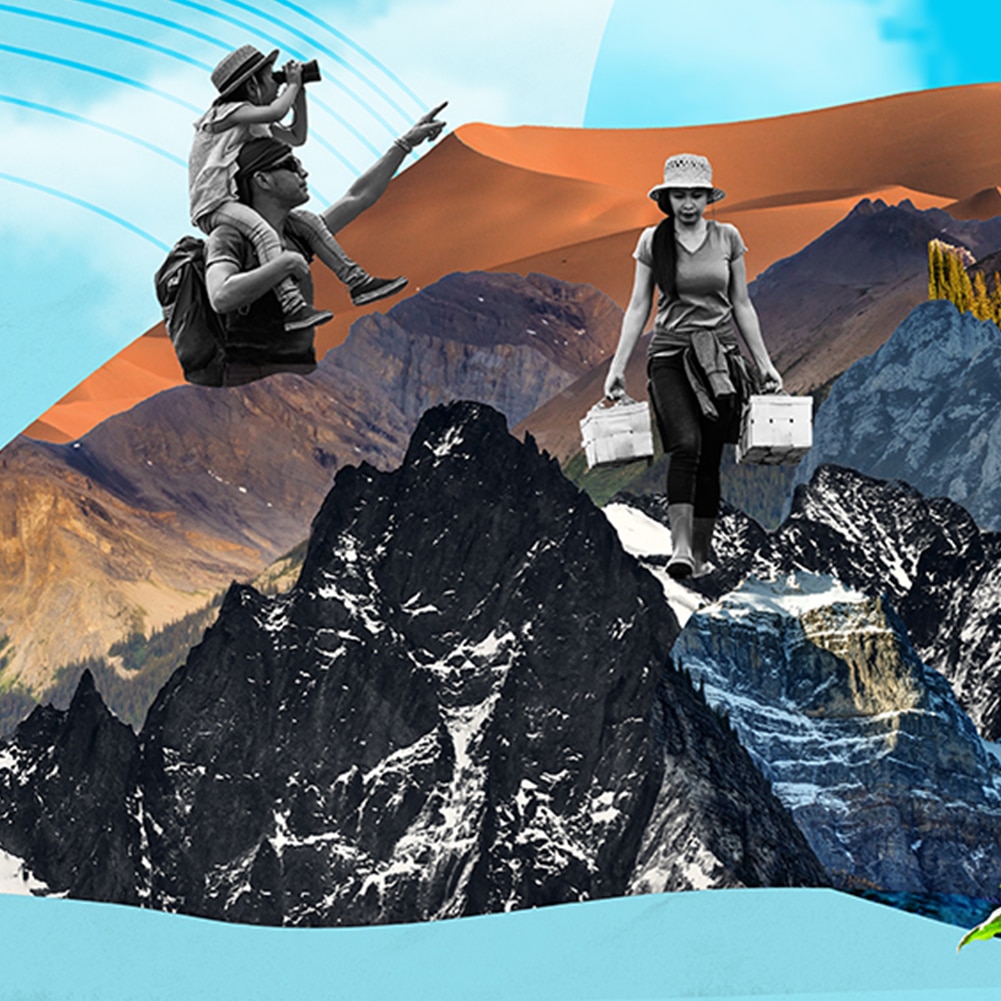
Irna Landrum (she/her)
Irna is a writer and the Campaign Director with Daily Kos, the nation’s largest online progressive media and activism hub. She has worked on a variety of critical issues including healthcare, ending cash bail, and the 2020 census. She also leads the Daily Kos Liberation League which shares important stories focused on social justice.
Julia Solano
Julia Solano is a designer, futurist, and bamboo architect passionate about imagining and actualizing diverse and equitable futures through participatory program design and facilitation, community architecture, and immersive storytelling.
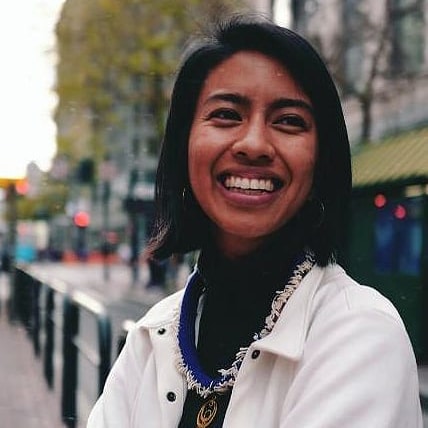
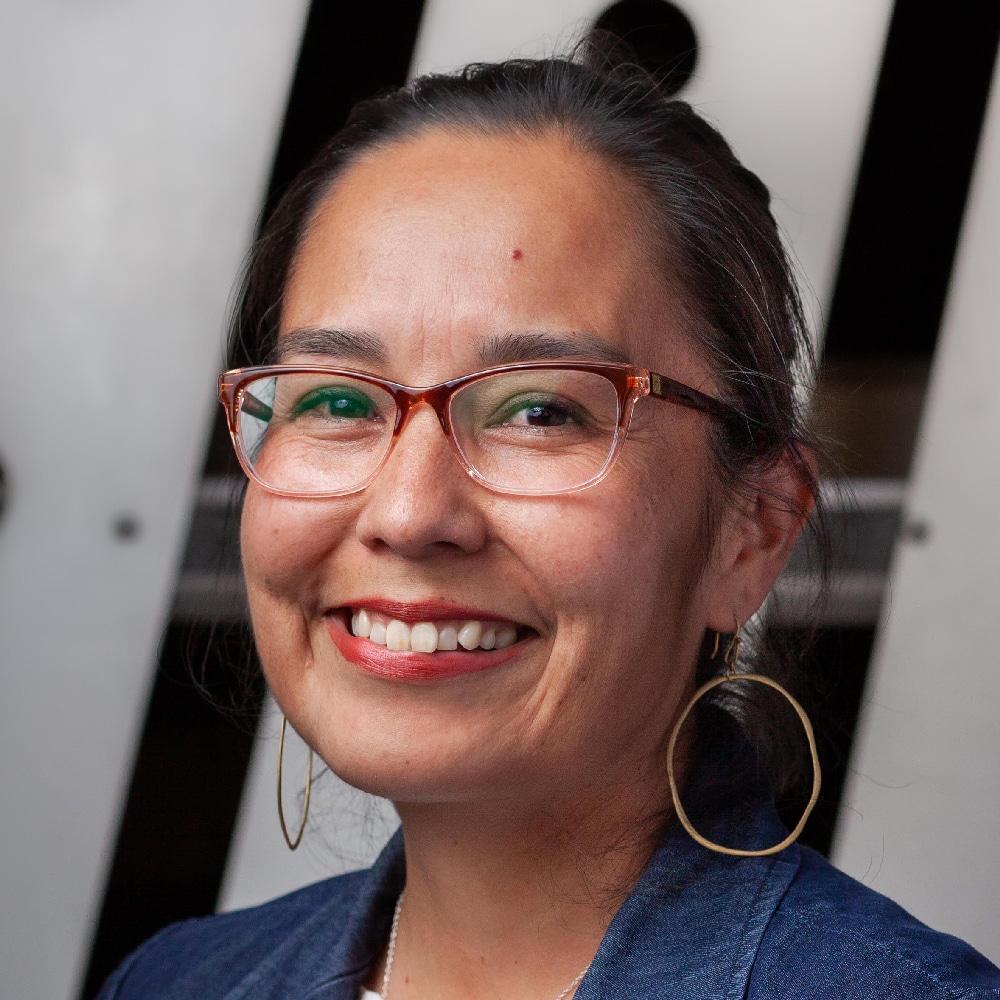
Olivia Roanhorse, MPH (she/her)
Olivia Roanhorse is the Director Roanhorse Consulting, an indigenous women-led think tank. RCLLC works with unheralded communities, businesses, organizations, and individuals to achieve and aspire their self-determination through forging communities of practice, strengthening indigenous evaluation methods, creating equity through entrepreneurship, and encouraging economic empowerment from within. Olivia is currently pursuing her Doctor of Public Health (DrPH) at the Johns Hopkins Bloomberg School of Public Health. Olivia has a Master’s degree in Public Health from the University of Illinois in Chicago and an undergraduate degree from Colorado College. Olivia is Navajo and lives in Albuquerque, NM.
Paris Hatcher (she/her)
Paris Hatcher is the founder and director of Black Feminist Future, a movement incubator that focuses on the dynamic possibilities of galvanizing the social and political power of Black feminisms as a blueprint for liberation. Paris has been working with organizations to amplify the leadership of marginalized communities, win public policy campaigns, and advance reproductive and sexual health justice, gender justice, and queer liberation. She co-founded and was the Executive Director of SPARK Reproductive Justice NOW, one of the leading reproductive health and justice organizations in the Southeast.
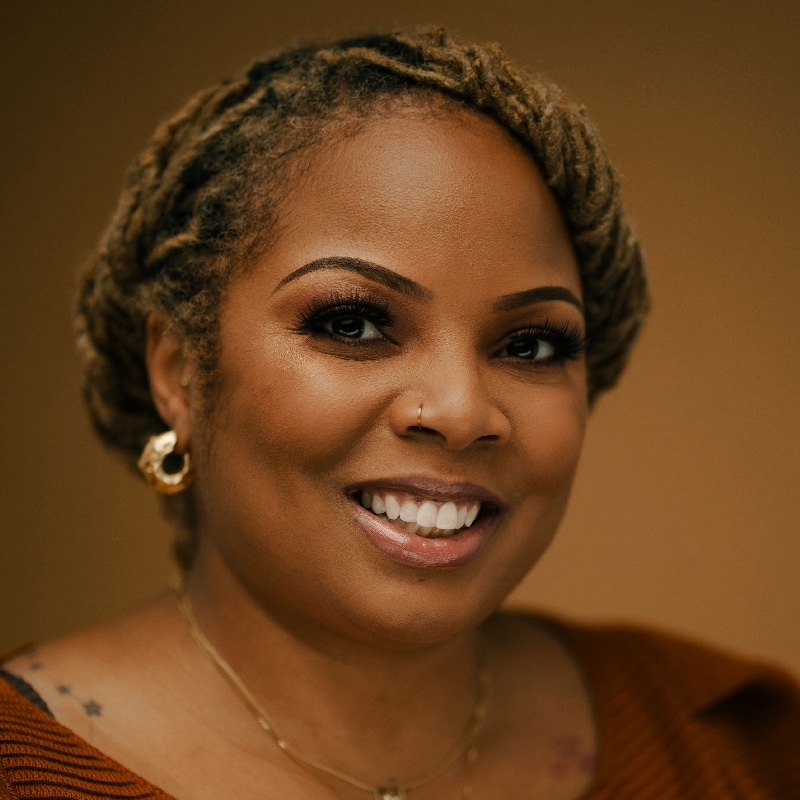
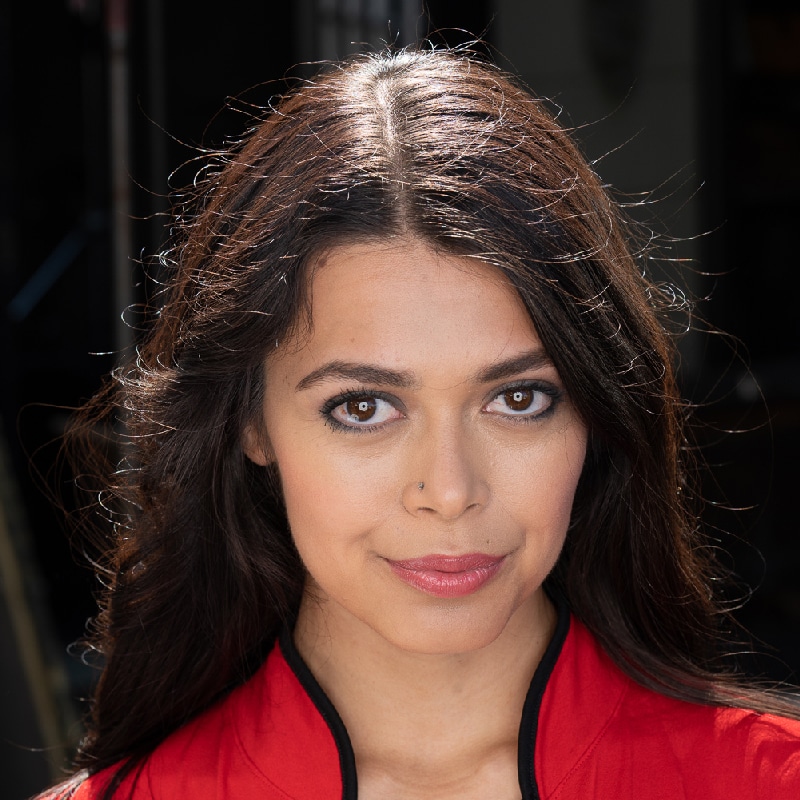
Paula Graciela Kahn (she/they)
Paula is a transnational movement strategist, harm reduction practitioner, poet, and multidisciplinary performance artist. Paula is the Sponsorship & Community Relations Facilitator with Freedom for Immigrants, an organization devoted to abolishing immigration detention while ending the isolation of people currently suffering in this profit-driven system. Paula is also a consultant with Reframe Health & Justice, a collective committed to developing and delivering holistic, harm reduction solutions to social injustices.
Yin Q (she/they)
Yin Q is the co-director of Red Canary Song, a grassroots collective that advocates for sex work decriminalization & protective policies and provides resources to migrant massage parlor workers. Yin is a writer, BDSM practitioner, and the founder and Creative Director of Kink Out, which generates sex worker and kink positive art and education.

Fund Facilitators
“This fund is a powerful opportunity to learn directly from practitioners through catalytic and participatory grantmaking, and we are thrilled to partner with Omidyar Network as fund facilitators. As community organizers, cultural workers, and practitioners of philanthropy, our hope is to spark more nuanced conversations and coordinated actions in the field that would make mutual aid more sustainable and scalable.”
Jessica Solomon & Richael Faithful
Omidyar Staff
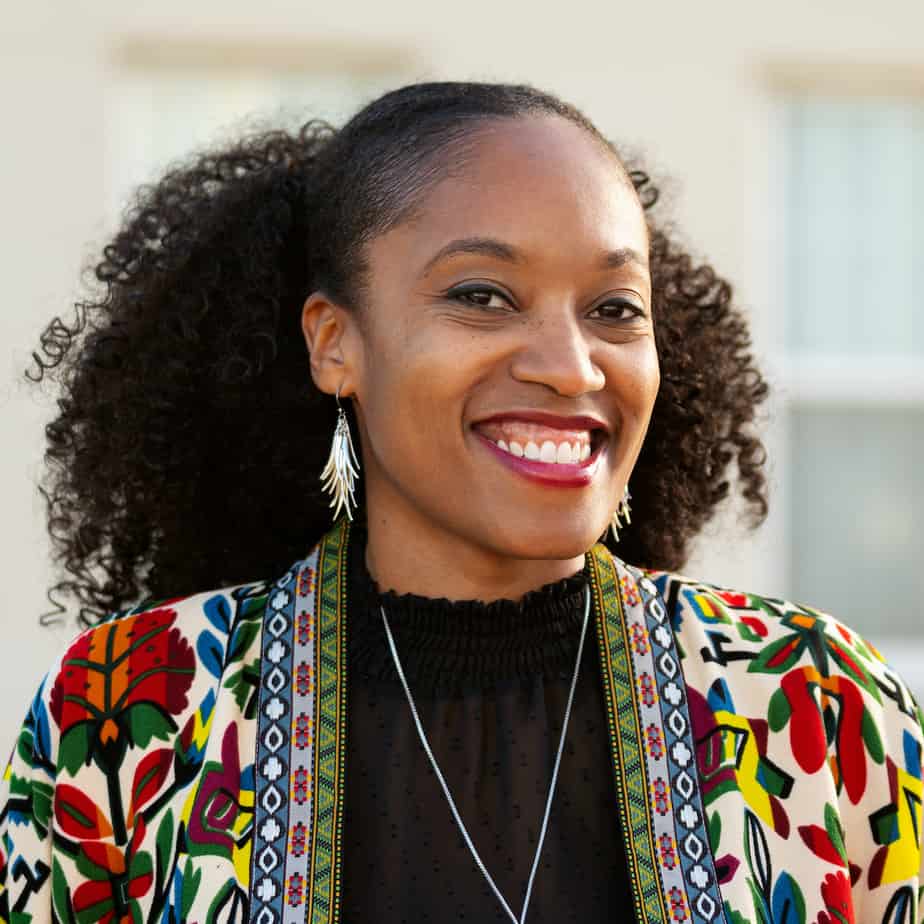
Aniyia Williams
Special thanks to:

Julia Solano
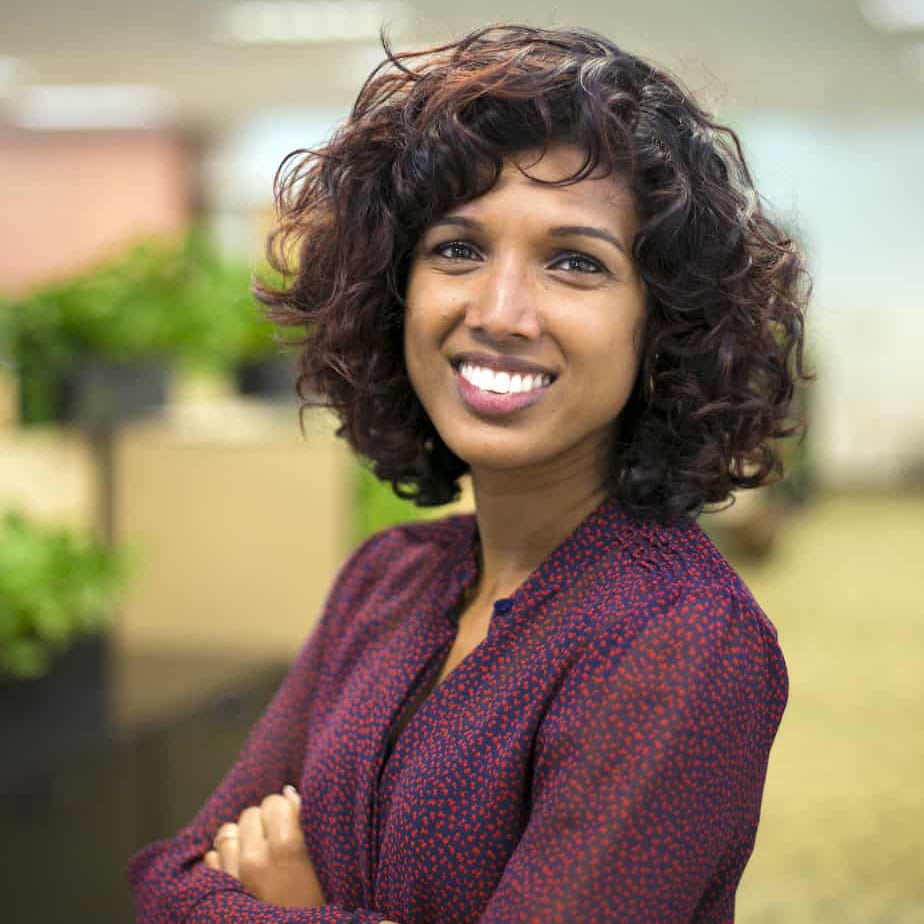
Eshanthi Ranasinghe
Still have questions? Watch our June 28th Q&A Session.
On June 28th, 2021, potential applicants dropped in to ask Jess Solomon (Fund Facilitator) and Aniyia Williams (Omidyar Network) questions about applying for a grant from the Community Infrastructure Fund for Mutual Aid.


